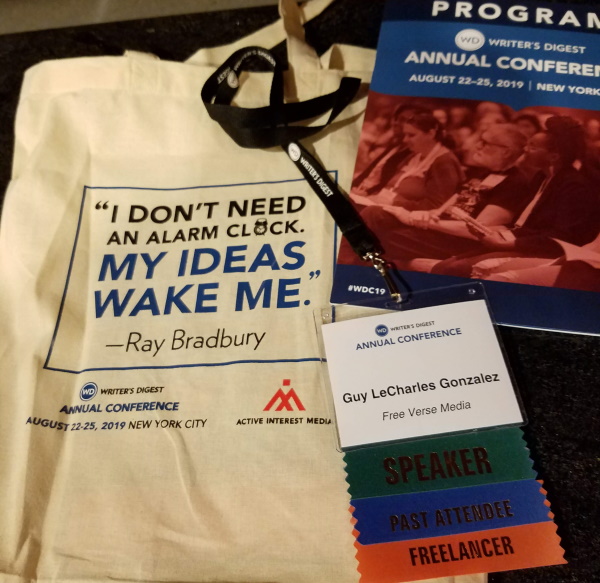Talking About Libraries—Updates from Libraryland
Hyper-current events aside, 2020 has gotten off to a productive start for the Panorama Project, hot on the heels of my Publishers Weekly op-ed challenging the industry to take question of libraries more seriously. Since then, we released our annual report and announced two major new initiatives; I was a featured speaker at PubWest 2020; and I did fun interviews with Library Journal and Book Riot where I got to discuss my work in more detail.





